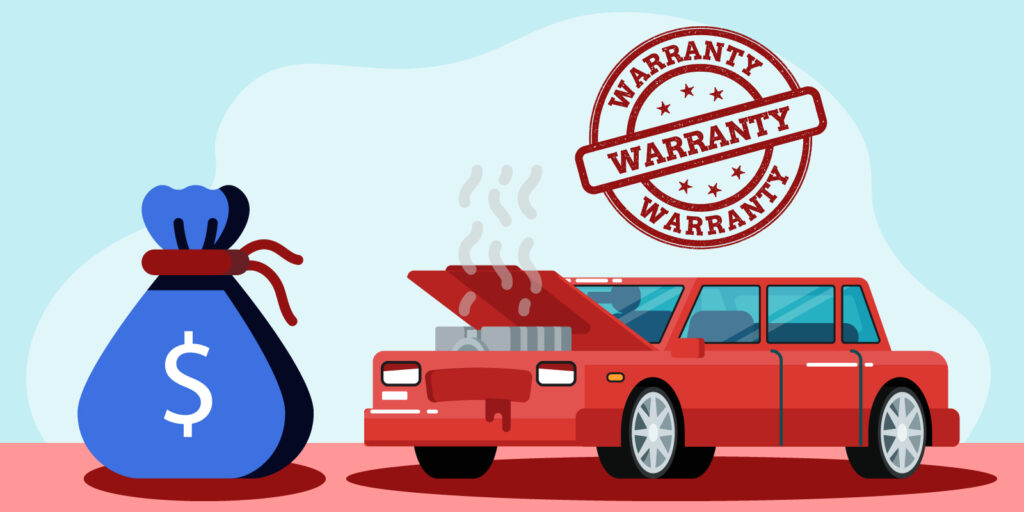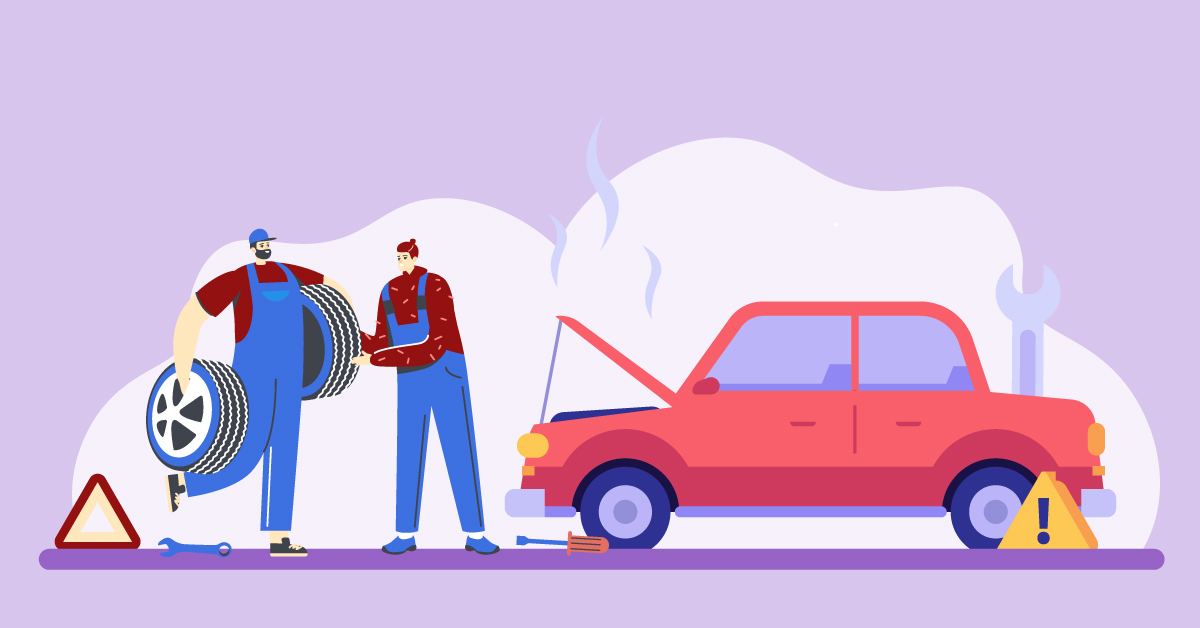A car is one of the biggest purchases you’ll ever make, so it’s important to protect your investment. Standard warranties typically last for 3 years or 36,000 miles. Even the powertrain warranty, which covers your engine and transmission, often ends after 5 years and 60,000 miles. If you plan to drive the same vehicle for longer than that, an expired warranty can leave you with expensive out-of-pocket repairs if something breaks or wears out. Fortunately, some companies offer extended warranties, giving you additional coverage. Keep reading to learn more about the benefits of having an extended auto warranty on your car or truck.
What Is an Extended Auto Warranty?
The term “extended auto warranty” is a bit misleading, as it’s not a true warranty. Instead, it’s an insurance policy that protects you in the event of an unexpected auto repair expense. You can buy one of these policies from the vehicle manufacturer or from a third-company vendor. Both options give you extra protection, but third-party extended warranties tend to have more restrictions. For example, the vendor may require you to get your vehicle repaired at one of just a few garages in your city. You may also have to pay for the repairs up-front and submit a request for reimbursement.
One of the main differences between a manufacturer’s extended warranty and an extended warranty from a third-party vendor is that third-party warranties tend to cost less. This is because they have more exclusions and restrictions. If you have access to both types of extended warranties, but coverage is more important to you than the cost, you may do better to purchase coverage from the manufacturer. However, in some cases, a third-party warranty is the only option. For example, if you’re buying a used Toyota from a Chevy dealer, the Chevy dealer probably isn’t going to offer you an extended warranty on another company’s vehicle.
Routine Maintenance Requirements
When you have an extended warranty, you must do routine maintenance on your vehicle. Failing to do so may void the warranty, leaving you with no extra coverage in the event of an unexpected repair. Routine maintenance includes oil changes, tire rotations and filter changes. Different vehicles have different requirements for oil changes. For example, a 2011 Hyundai Sonata needs an oil change every 7,500 miles when driven under ideal conditions. In contrast, a 2015 Jaguar F-Type only needs an oil change every 15,000 miles. Some vehicles even have built-in oil life monitors to let you know when your oil needs to be changed.
Should You Buy an Extended Auto Warranty?

An extended warranty gives you extra protection, but it’s also an extra expense. If you’re wondering whether you should buy one, here’s what you need to consider.
What Kind of Coverage is Available?
Read the warranty details carefully to determine what’s covered and what isn’t. If it has a lot of exclusions, you may want to put aside a little bit of money every month instead of paying for the extra coverage. That would give you a small repair fund to use any time your vehicle breaks down or needs something replaced due to wear and tear. Don’t hesitate to compare several extended warranties to see if you can find one that offers better coverage than the others.
Can You Afford Routine Maintenance?
As noted previously, you must keep up with routine maintenance if you want an extended warranty to cover some of your repair expenses. This could get quite expensive if you purchased an auto warranty from a dealership, thus requiring you to go there for routine maintenance.
If you don’t have the funds to pay for oil changes, filters and other vehicle services, you may want to opt out of extended warranty coverage. Otherwise, you’ll be paying for a warranty you can’t use. The money would be better spent maintaining your vehicle and saving up for those times your battery dies suddenly or you get a flat tire on your way to work.
What Does Your Original Warranty Cover?
Some extended warranties kick in after your original warranty expires, while others provide overlapping coverage. If you’re considering a warranty that provides overlapping coverage, check to see what the original warranty covers. You may not need extra protection if your original warranty already provides robust coverage. An extended warranty makes the most sense if you plan to purchase a used vehicle that’s already out of warranty or only has a few months left on the original warranty.
What Are the Terms of the Warranty?
Each company has its own rules regarding pricing, coverage and cancellation. Before you purchase an extended warranty, check to see if you can cancel it within a certain amount of time. It’s also a good idea to check the laws in your state. Even if the warranty provider gives you a hard time about canceling, your state may require them to issue a partial refund for the unused portion of the policy.
When Does the Coverage Kick In?
Check the fine print carefully to determine when the coverage is scheduled to kick in. In some cases, the warranty begins when you purchase the vehicle. For example, if you buy a used car on July 1, 2023, your coverage doesn’t start until July 1, 2023. Unfortunately, some vendors start the clock when the vehicle is new. So if someone buys a new vehicle on July 1, 2023, and then you buy the vehicle used on July 1, 2025, a 3-year extended warranty will only last for one year after your purchase.
Extended Auto Warranty: To Purchase Or Not To Purchase?
Your vehicle is one of the biggest investments you’ll make. In addition to cost, you spend a lot of time in your vehicle. Therefore, it makes sense to provide the maintenance and protection you need to keep your car running smoothly. An extended auto warranty is a great way to provide coverage in unexpected events. However, they can get costly, especially if you opt for a manufacturer’s warranty. There are also a number of requirements and restrictions to keep your warranty in place. Call around to get some quotes and decide for yourself if the coverage is worth it or if you would be better off simply footing routine maintenance and setting up a savings fund for future repairs.
You might also be interested in: How To Secure The Best Auto Loan Rate [5 Factors To Keep In Mind]







